Premium Only Content
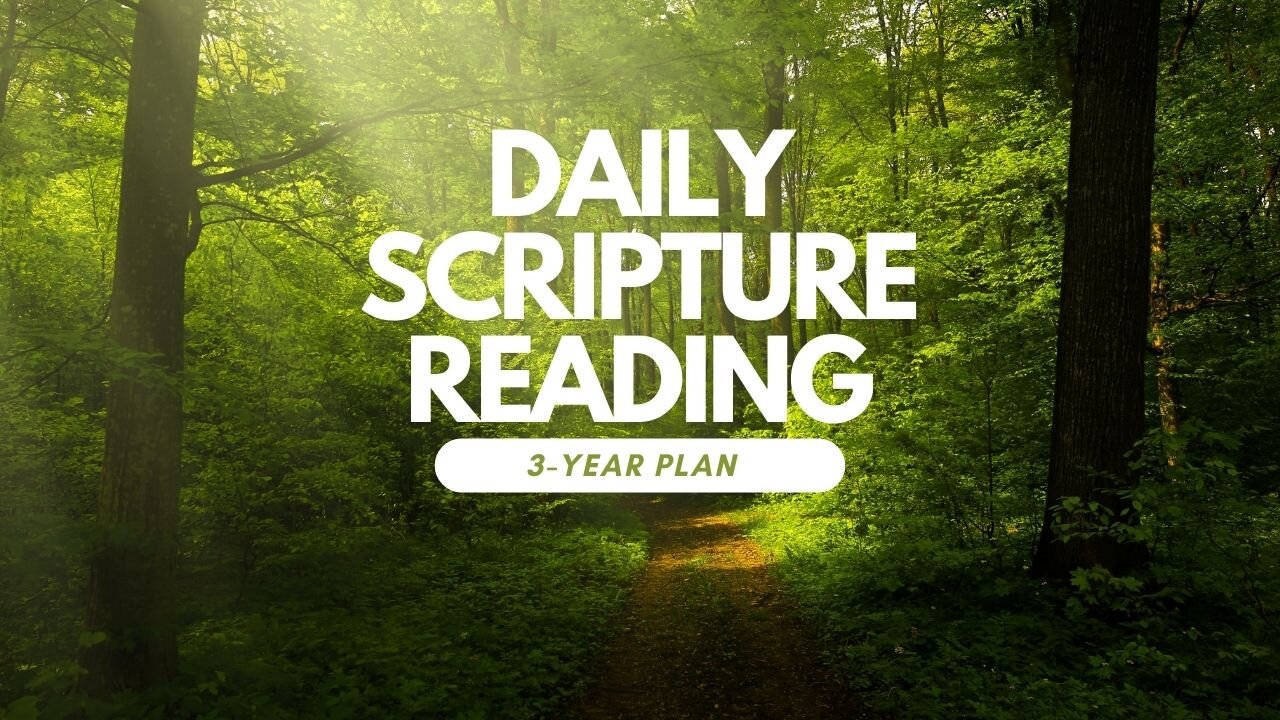
Exodus 12:29-42 Psalm 78:17-25 Proverbs 29:7 31:8-9
Exodus 12:29-42:
This passage describes the final plague on Egypt, where at midnight the LORD strikes down all the firstborn in Egypt, from the firstborn of Pharaoh who sits on the throne, to the firstborn of the prisoner in the dungeon, and all the firstborn of the livestock as well. Pharaoh, along with all his officials and all the Egyptians, urges Moses and Aaron to leave immediately with the Israelites. They take their flocks, herds, and dough before it has leavened. The Egyptians provide the Israelites with clothing and silver and gold articles, effectively plundering the Egyptians as the LORD had promised. The Israelites journey from Rameses to Succoth, totaling about six hundred thousand men on foot, besides women and children. This marks the exact day, after 430 years of residing in Egypt, that the LORD's divisions leave the land. This night is to be remembered and celebrated as a festival to the LORD for all generations.
Psalm 78:17-25:
This part of Psalm 78 recounts the Israelites' continued sin and testing of God in the desert despite witnessing His miracles. They continue to sin by demanding food according to their desires, questioning God’s power to provide food in the wilderness. In response, God sends down food from heaven, raining manna for them to eat, and gives them grain from heaven, described as the bread of angels. He opens the heavens to provide them meat as well, sending down birds like dust and winged fowl like the sands of the sea to eat. The psalm highlights both God's provision and Israel's ingratitude and lack of faith.
Proverbs 29:7:
This proverb emphasizes the righteous person’s understanding and advocacy for the rights of the poor. It contrasts with the wicked, who have no such concern, highlighting the moral responsibility of understanding and addressing the needs and rights of the less fortunate.
Proverbs 31:8-9:
These verses urge speaking up for those who cannot speak for themselves, for the rights of all who are destitute. They call for judging fairly and defending the rights of the poor and needy. This passage is a call to justice and advocacy, emphasizing the role of leaders and individuals in society to protect and promote justice for the most vulnerable.
These summaries bring out themes of divine justice and deliverance, the consequences of testing God, the provision of God even amid human unfaithfulness, and the ethical imperatives to advocate for justice and the rights of the marginalized.
-
 9:20
9:20
Colion Noir
20 hours agoArgentine President Lowers Gun Purchase Age to 18, Why The U.S. Should Do The Same
81K43 -
 1:49:07
1:49:07
Adam Does Movies
19 hours ago $2.66 earnedKraven Movie Review + The Lord of the Rings: The War of the Rohirrim - LIVE!
41.4K -
 21:59
21:59
BlackDiamondGunsandGear
13 hours ago $1.42 earned🔴 NEW Ruger RXM / RANGE Review / Plaid Joshie Approved?
26.8K11 -
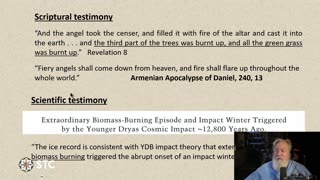 1:33:50
1:33:50
Squaring The Circle, A Randall Carlson Podcast
1 day ago#031 Apocalypse Unsealed - Squaring The Circle: A Randall Carlson Podcast
22.9K7 -
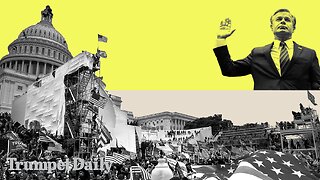 1:01:47
1:01:47
Trumpet Daily
2 days ago $10.92 earnedChris Wray Lied About January 6 - Trumpet Daily | Dec. 13, 2024
24.5K18 -
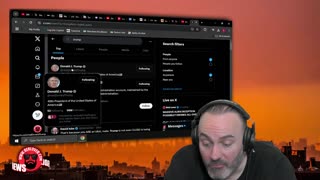 55:42
55:42
Bek Lover Podcast
15 hours agoDemonic Deception Incoming!
14.8K17 -
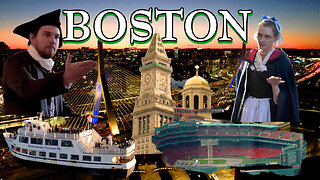 37:13
37:13
TampaAerialMedia
1 day ago $0.43 earnedBOSTON Travel Guide - Tours, Tips, Trails, & Transportation
11.8K3 -
 52:47
52:47
PMG
1 day ago $1.32 earned"Bye-Bye Chris Wray- Kyle Seraphin, Ashli Babbitt's Murder Should Have Been Fired Years Ago"
11K2 -
 2:04:24
2:04:24
RG_GerkClan
7 hours agoLIVE Sunday Special: Lets Dominate the Galaxy - Lego Star Wars The Skywalker Sage - Gerk Clan
14.2K2 -
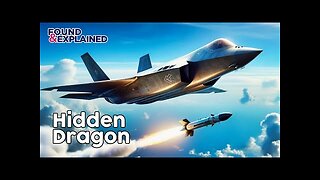 13:28
13:28
Found And Explained
10 days ago $0.79 earnedIs China's new fighter jet invisible ? - J-35
8.24K3